
Kennesaw State University researcher, students explore clean energy storage solutions
KENNESAW, Ga. | Mar 26, 2025
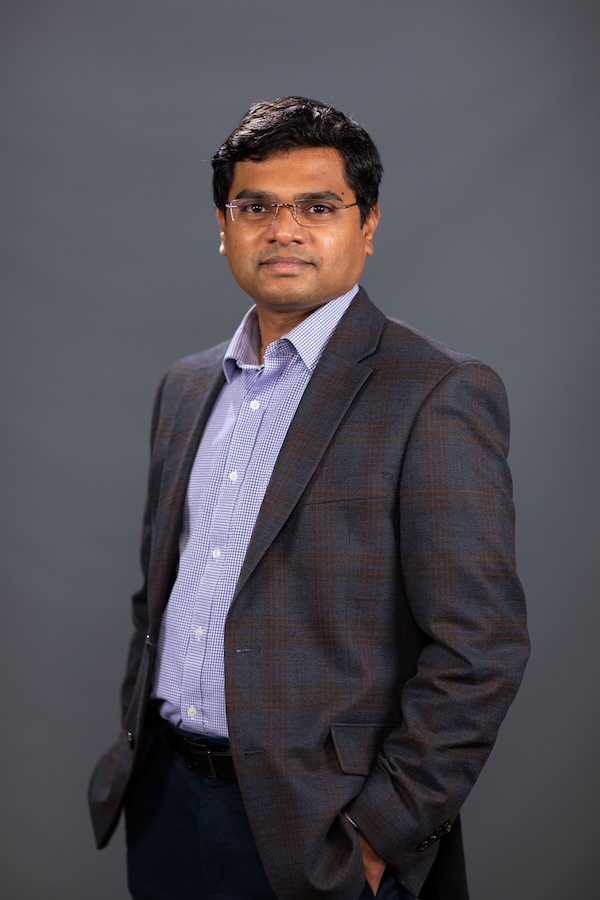
Aphale’s research focuses on the development of advanced materials, such as polymers, nanocomposites, ceramics, and alloys, which can be used to improve energy storage systems like batteries, fuel cells, and other energy conversion devices.
"Energy storage and conversion systems are pivotal to advancing clean energy," said Aphale, who teaches in the Southern Polytechnic College of Engineering and Engineering Technology. "Improving electrode material performance in energy systems can reduce their overall cost, making them more viable for large-scale use and transforming clean energy technologies into a more reliable power source."
Aphale is also exploring ways to expand the use of carbon nanomaterials in energy storage devices. By enhancing the properties of these materials at the molecular level, his team is creating the next generation of energy storage devices to be more efficient, longer lasting, and less expensive to produce.
In addition to this work, Aphale’s research plays a vital role in addressing the environmental challenges caused by the reliance on fossil fuels. Currently, clean energy technologies, particularly solid oxide fuel cells also known as SOFCs, are impeded by trace airborne contaminants that can reduce their performance and lifespan. To overcome this, Aphale’s lab creates advanced materials designed to resist these contaminants, which improves the performance of fuel cell devices.
At KSU, Aphale’s Clean Energy Materials Engineering and Research Lab (CEMER) has become a melting pot for students from various academic backgrounds. The lab includes a Ph.D. candidate, as well as several First-Year Scholars, many of whom are just starting their academic journeys in energy research.
As a Ph.D. student, Duy Pham has gained invaluable experience through his work in CEMER.
"Being part of the CEMER lab has been incredible,” said Pham, who is pursuing a Ph.D. in Interdisciplinary Engineering. “It’s inspiring to work alongside Dr. Aphale and a team of passionate researchers who are dedicated to advancing clean energy solutions. The hands-on experience I've gained here has not only deepened my understanding of energy technologies but also motivated me to contribute to creating sustainable alternatives that can make a real difference in the world."
In addition to mentoring undergraduate and graduate students, Aphale also runs the Outreach Program for Early Research Experience Opportunity (OREO), providing high school students from the Atlanta area with research internships. These students gain valuable experience in his lab, and many go on to study STEM fields in college. Some have even returned to KSU as undergraduate students, continuing their work in the lab.
“My students are a vital part of the work we do in the lab,” Aphale said. “I believe in mentoring them and allowing them to be a part of real-world research. Many of them go on to further their studies and careers in the energy sector.”
– Story by Raynard Churchwell
Related Stories
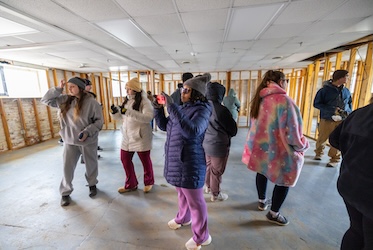
Kennesaw State architecture, engineering students reimagine Asheville's devastated River Arts District
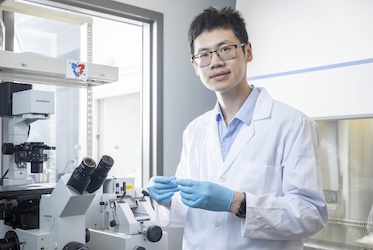
KSU researcher harnessing digital twin technology to improve heart care
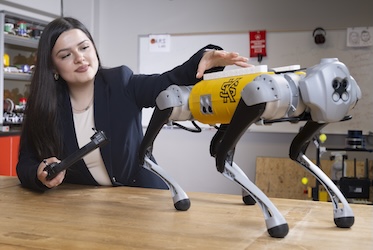
Kennesaw State student exploring the use of robotics in agriculture
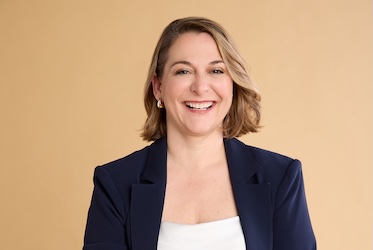
Kennesaw State alumna building a legacy of opportunity for construction management and engineering students
A leader in innovative teaching and learning, Kennesaw State University offers undergraduate, graduate, and doctoral degrees to its more than 47,000 students. Kennesaw State is a member of the University System of Georgia with 11 academic colleges. The university’s vibrant campus culture, diverse population, strong global ties, and entrepreneurial spirit draw students from throughout the country and the world. Kennesaw State is a Carnegie-designated doctoral research institution (R2), placing it among an elite group of only 8 percent of U.S. colleges and universities with an R1 or R2 status. For more information, visit kennesaw.edu.














